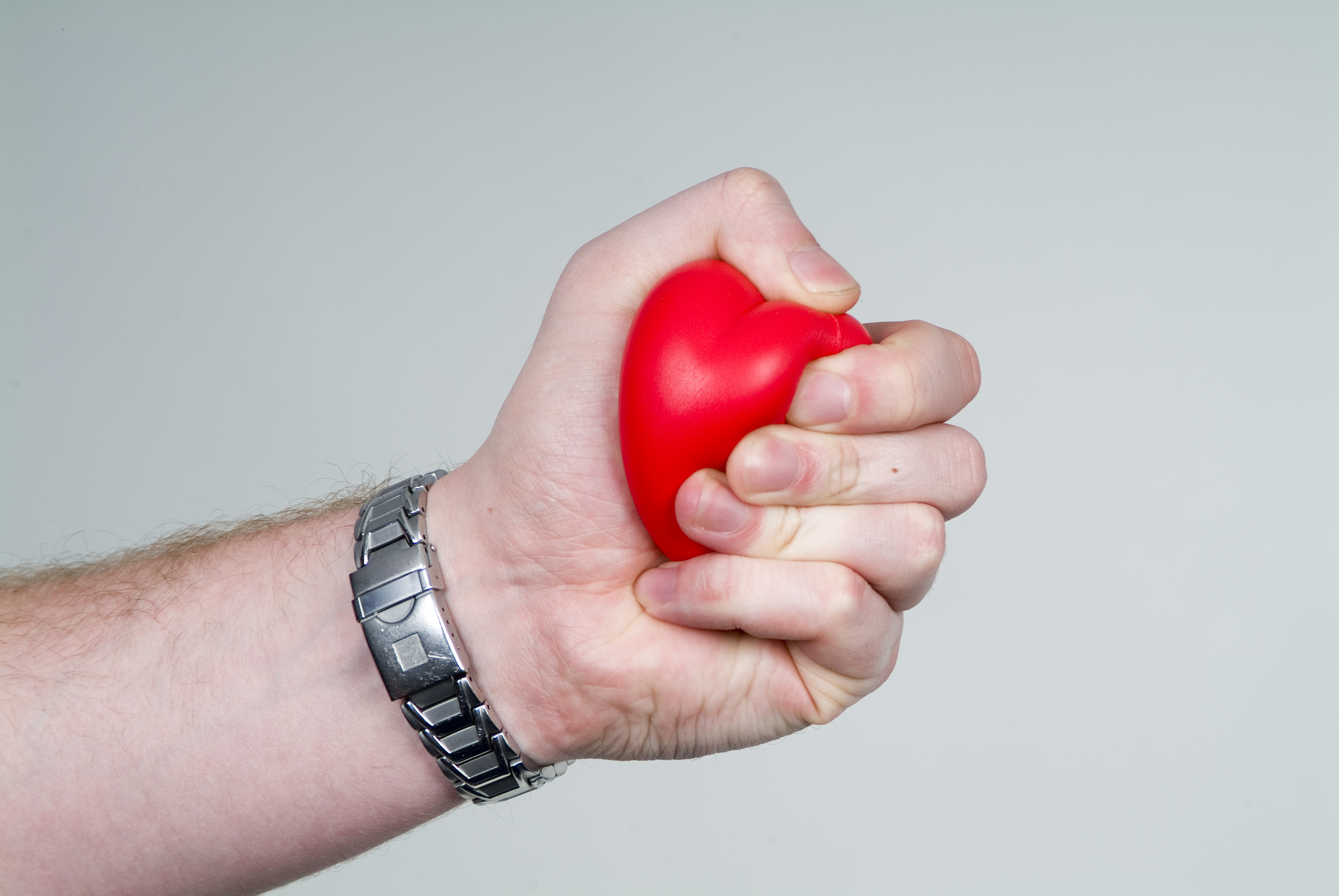FRIDAY, Dec. 16 (HealthDay News) — Chronic pain can hinder communication between spouses, which, in turn, can impair the affected partner’s ability to cope with the pain, according to a new study.
Previous research has shown that validation of a spouse’s emotions (showing respect and acceptance) promotes emotional control, trust and closeness, while invalidation of emotions (showing hostility or no interest) increases emotional distance and is associated with poor adjustment within the marriage and depression.
This new study included 78 U.S. adults with chronic pain and their spouses. Women accounted for 58 percent of the spouses with pain. Low back pain was the most common type of major pain and the leading diagnoses were osteoarthritis, disc problems and fibromyalgia.
The participants were interviewed for three hours, with the final 15 minutes focused on a difficult topic, such as family finances. The couples were told to discuss and make progress toward resolving the issue.
The study was recently published in the Journal of Pain.
The researchers found that husbands with pain were more likely to respond negatively to invalidation from their spouse. The finding that men, either as the spouse with or without pain, seemed to be more sensitive to their partners’ responses surprised the researchers, according to a news release from the American Pain Society.
Previous studies found that women are more likely to experience greater pain, distress and depression.
It may be that pain is more disruptive to a husband’s traditional roles, such as being the family provider, according to study author Laura Leong and colleagues. This may make a man more vulnerable to emotional upset in response to invalidation from his spouse, said the researchers from Wayne State University in Detroit and the Norwegian Center for Addiction Research.
The study authors added that their findings show patient gender is an important factor when assessing and treating pain patients and couples. Interventions should be aimed at the couples, not just the pain patient, they concluded.
More information
The U.S. National Institute of Neurological Disorders and Stroke has more about chronic pain.

